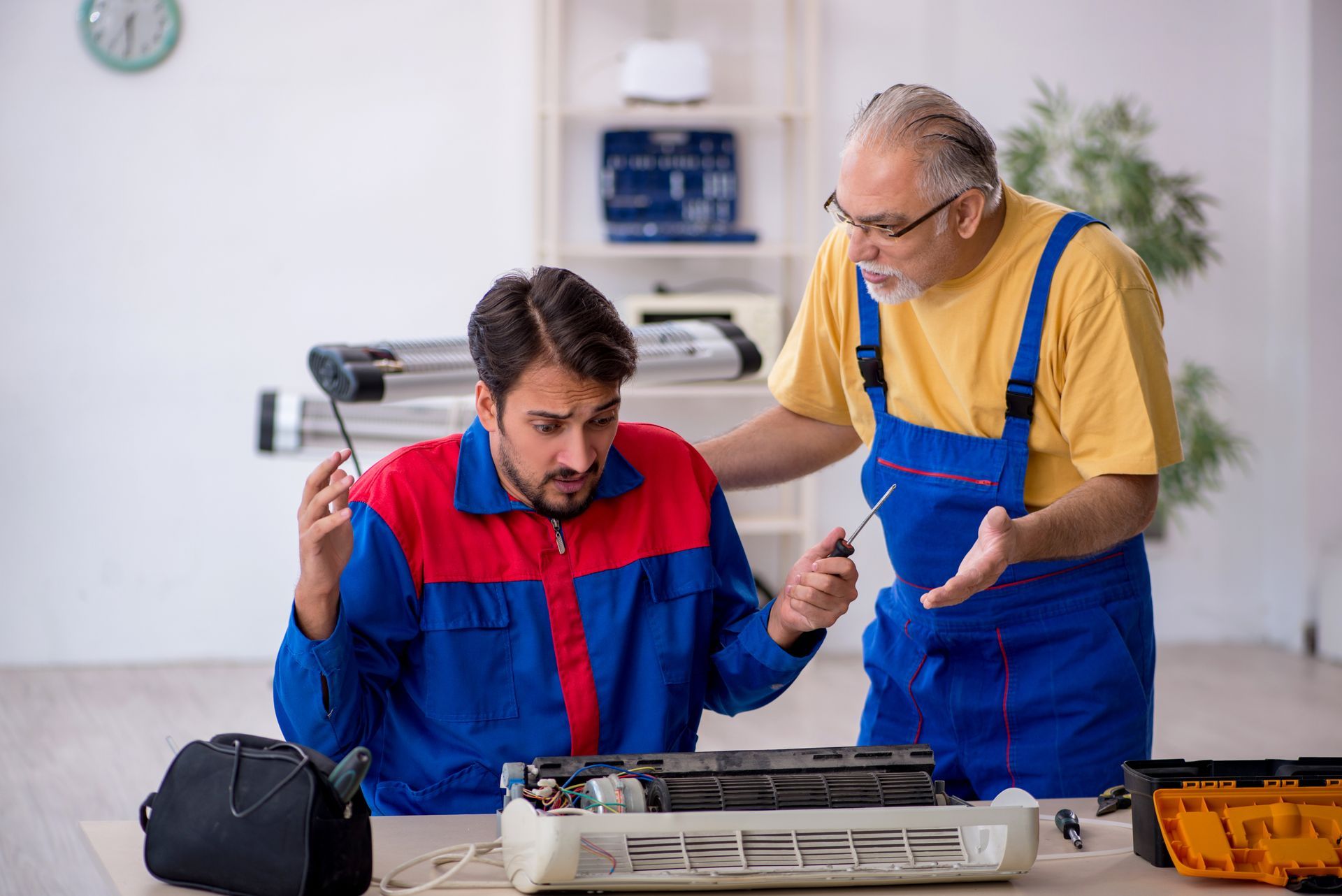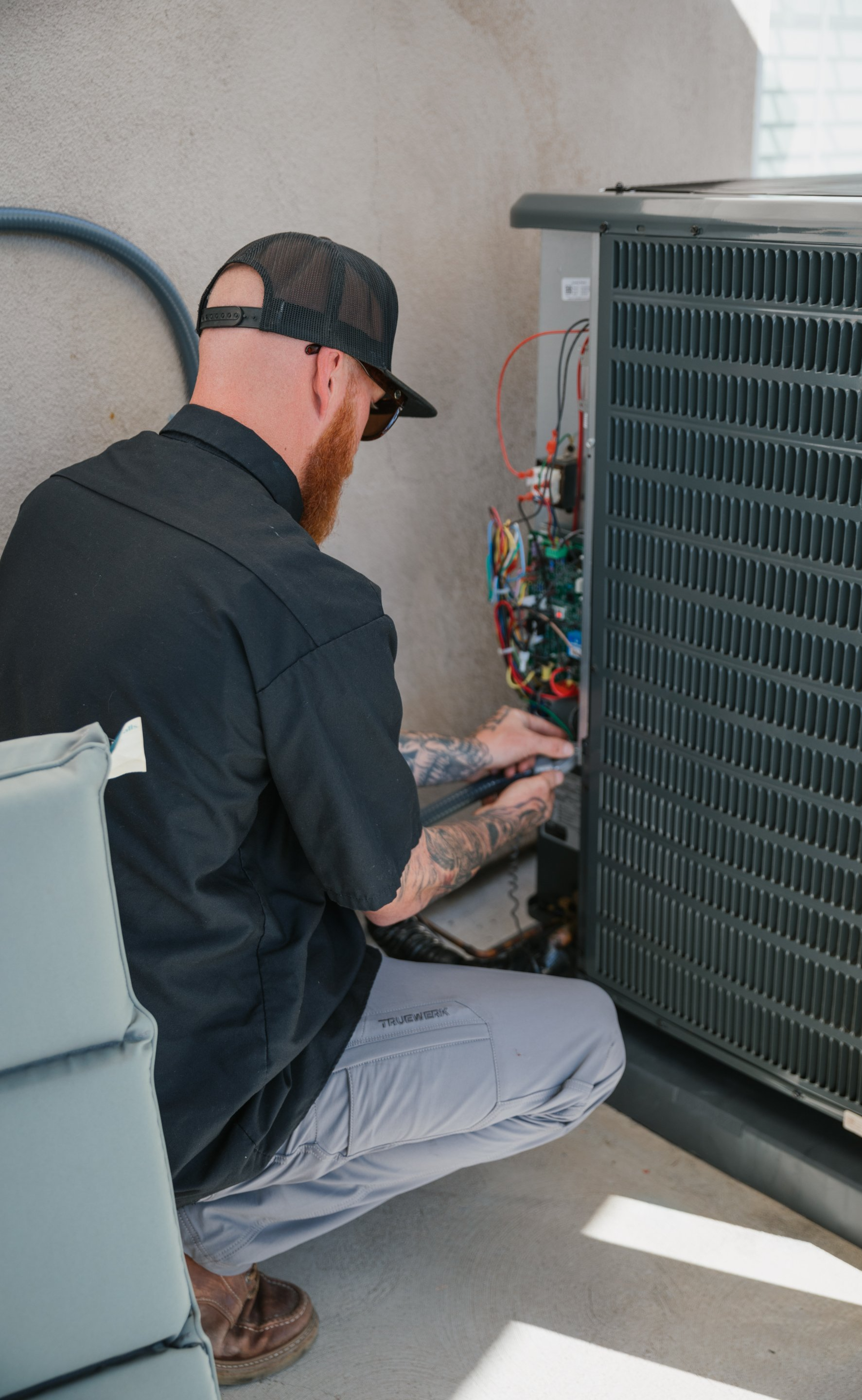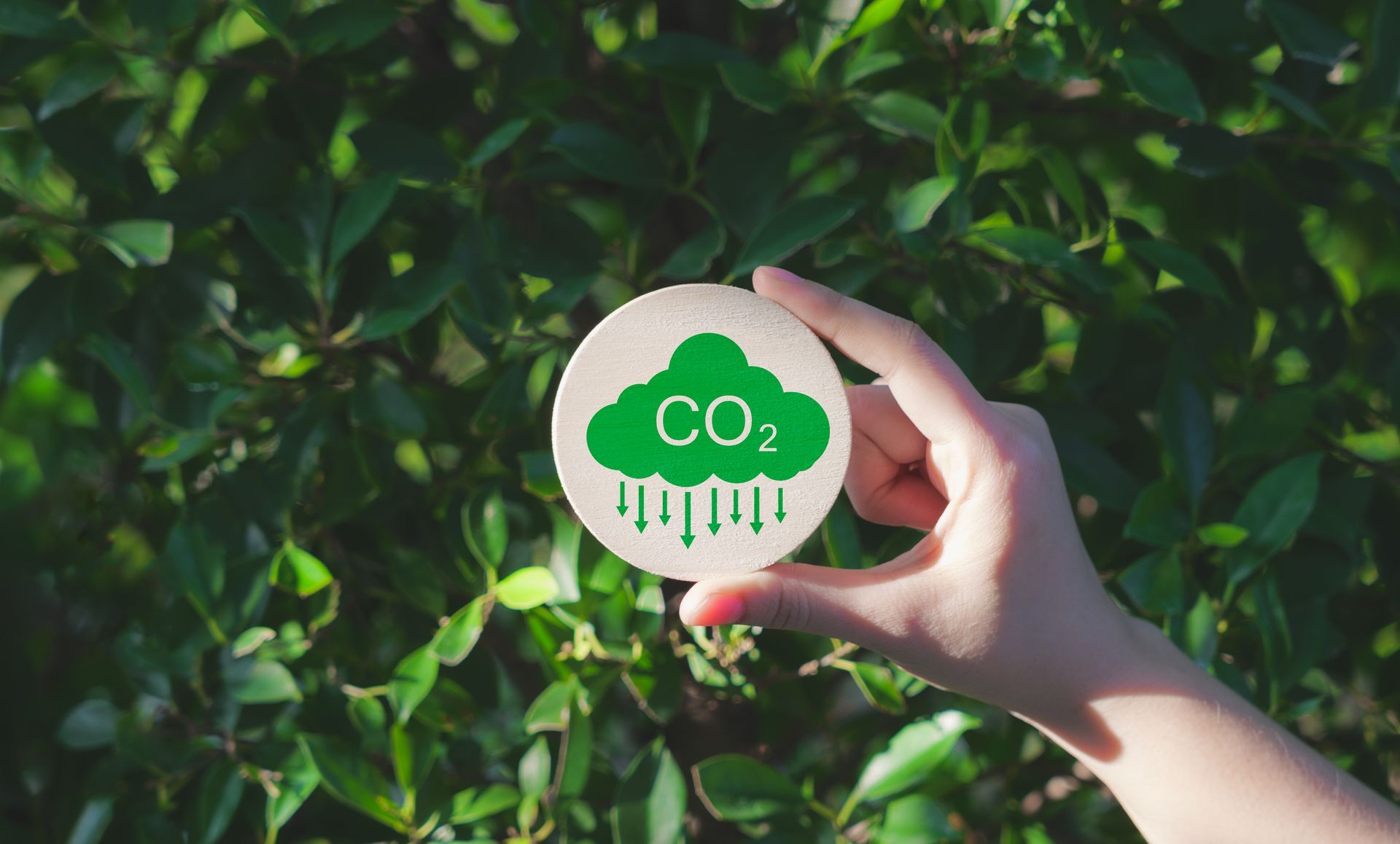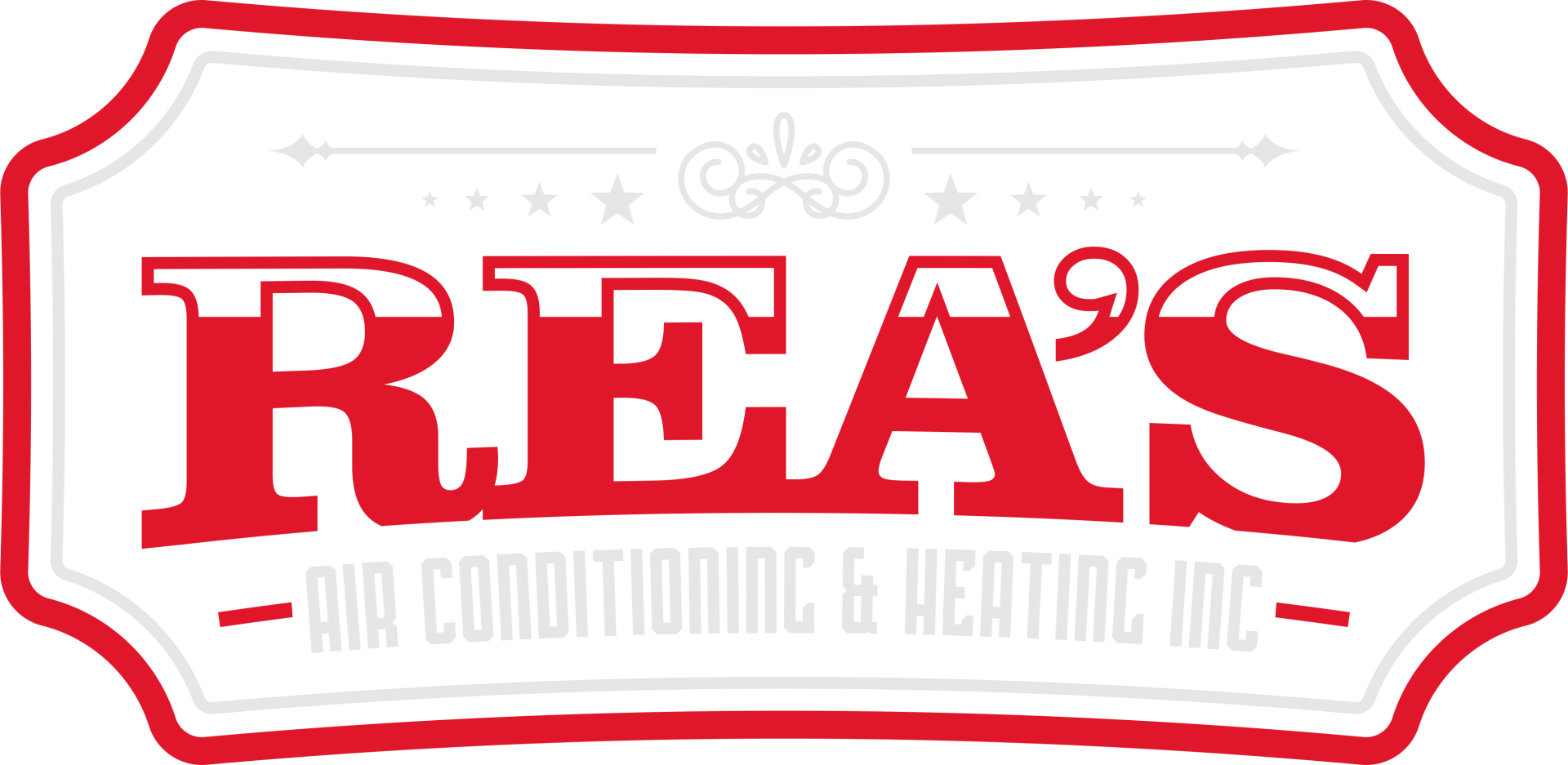Indoor Air Quality 101: Tips for a Healthier Home
When we think about health, we often focus on our diet, exercise, and sleep habits. But one crucial factor often overlooked is the air quality we breathe inside our homes. Since we spend a lot of time indoors, maintaining good indoor air quality (IAQ) is essential for our health and well-being. Poor indoor air quality can contribute to allergies, respiratory issues, and overall discomfort, especially for those with asthma or other respiratory conditions.
Why Indoor Air Quality Matters
Indoor air quality refers to the cleanliness and safety of the air within and around buildings, which affects the health and comfort of the occupants. Pollutants in indoor air can range from dust and pet dander to volatile organic compounds (VOCs) from cleaning supplies and building materials.
Poor IAQ can lead to:
- Allergies and Respiratory Issues: Dust mites, pollen, pet dander, and mold are common indoor allergens that can trigger asthma and other respiratory issues.
- Fatigue and Headaches: Prolonged exposure to poor air quality can lead to fatigue, headaches, and dizziness.
- Long-Term Health Risks: Long-term exposure to certain pollutants (such as formaldehyde or radon) can increase the risk of serious health issues, including certain types of cancer.
Tips for Improving Indoor Air Quality
Improving indoor air quality involves a combination of regular maintenance, mindful practices, and utilizing the right equipment. Here are some effective tips for a healthier home:
1. Keep Your Home Clean
Dust, pet dander, and other pollutants can quickly accumulate in your home, affecting air quality. Regular cleaning can help keep allergens at bay.
- Vacuum regularly using a vacuum with a HEPA filter to trap small particles.
- Dust surfaces with a damp cloth to avoid kicking up dust into the air.
- Wash bedding and curtains frequently, as they can harbor dust mites.
- Consider removing or reducing carpet, which tends to trap dust and allergens.
2. Control Humidity Levels
Humidity can affect the growth of mold, mildew, and dust mites. High humidity provides an ideal environment for these allergens, while very low humidity can dry out your skin and respiratory passages.
- Use a dehumidifier in humid areas or during warmer months to keep humidity levels between 30-50%.
- Ventilate bathrooms and kitchens with exhaust fans to reduce moisture buildup after showers and cooking.
3. Use Air Purifiers
Air purifiers can help capture pollutants and allergens, especially in rooms where you spend the most time, like bedrooms and living rooms.
- HEPA filters are recommended for capturing small particles, such as pollen and pet dander.
- For those with severe allergies, consider using a purifier with activated carbon, which can help absorb odors and VOCs.
4. Limit Chemical Pollutants
Chemical pollutants like VOCs can come from various household items, including cleaning products, paint, and even furniture. These chemicals can contribute to poor indoor air quality.
- Choose low-VOC or VOC-free paints and cleaning products.
- Avoid air fresheners and scented candles, which can release harmful chemicals.
- Store chemicals in tightly sealed containers and keep them out of main living areas.
5. Ventilate Your Home
Bringing fresh outdoor air inside is one of the best ways to dilute indoor pollutants.
- Open windows and doors when possible, especially when cooking, cleaning, or using chemicals.
- If you live in an area with good outdoor air quality, regular ventilation can help improve indoor air.
The Role of Your HVAC System in Indoor Air Quality
Your HVAC system is essential to maintaining indoor air quality, as it continuously circulates and filters the air in your home. Here’s how your HVAC system can help—and what you must do to keep it functioning optimally.
1. Change Air Filters Regularly
Your HVAC system’s air filters are the first defense against indoor air pollutants. Filters trap dust, pollen, and other particles, preventing them from recirculating in your home.
- Replace filters every 1-3 months depending on your system and usage.
- For homes with allergy sufferers, consider upgrading to HEPA filters or filters with a higher MERV rating (Minimum Efficiency Reporting Value). These can capture smaller particles that standard filters may miss.
2. Invest in a Whole-Home Air Purifier
Many HVAC systems offer installing a whole-home air purifier directly into the ductwork. To capture various pollutants, these systems use advanced filtration methods, including UV lights and electrostatic filters.
- UV lights can kill bacteria, mold spores, and viruses as air passes through the system.
- Electrostatic filters create a static charge to capture and hold airborne particles more effectively than standard filters.
3. Keep Ducts Clean
Over time, dust, dirt, and even mold can accumulate in your ductwork, reducing air quality and efficiency. Dirty ducts can circulate pollutants throughout your home each time your HVAC system runs.
- Schedule duct cleaning every 3-5 years, or sooner if you notice excessive dust or mold growth around vents.
- Regularly check for any visible dirt or mold around ducts and vents, and have them professionally cleaned if needed.
4. Maintain Proper Ventilation
Your HVAC system should have proper ventilation to maintain fresh air flow. Stale air can trap pollutants, worsening indoor air quality.
- Some systems have energy recovery ventilators (ERVs) or heat recovery ventilators (HRVs), which bring fresh air in and expel stale air without compromising energy efficiency.
- Consider installing ventilation systems if your home is tightly sealed. They can improve IAQ by bringing in fresh air and removing indoor pollutants.
5. Schedule Regular HVAC Maintenance
Like any other system in your home, your HVAC system requires regular maintenance to function efficiently and maintain air quality. A professional HVAC technician can inspect, clean, and optimize your system, reducing the risk of pollutant buildup.
- Schedule professional maintenance at least once a year, ideally before the start of heating or cooling seasons.
- Routine maintenance includes checking refrigerant levels, cleaning the evaporator and condenser coils, inspecting ductwork, and more.
Conclusion
Indoor air quality is critical to creating a healthy, comfortable home environment. You can significantly reduce allergens and pollutants in your air by keeping your home clean, managing humidity, using air purifiers, and optimizing your HVAC system. Remember, your HVAC system is an invaluable ally in the fight for cleaner air, but it requires regular maintenance and care to be effective.
Whether you're dealing with seasonal allergies, asthma, or just want to breathe easier, these tips will help you take control of your indoor air quality. Embrace these practices to create a healthier home, one breath at a time.
